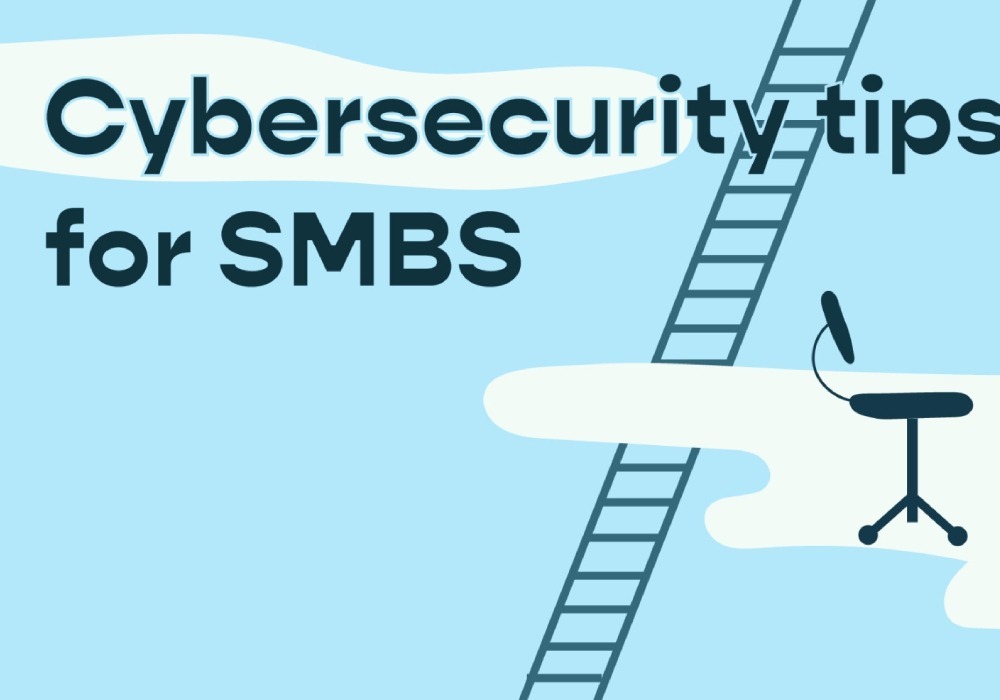
Small and medium-sized businesses (SMBs) are increasingly becoming targets for cybercriminals. The reality is that SMBs are just as vulnerable to cyber attacks as larger organizations often lack the resources to implement comprehensive cybersecurity measures. In this blog post, we will discuss the importance of cybersecurity for SMBs and offer some tips on how to protect your business online.
The Importance of Cybersecurity for SMBs
Many SMBs are under the impression that they are too small to be targeted by cybercriminals. However, this is a dangerous misconception. Cyber attacks can come in many forms, such as phishing emails, malware, and ransomware. These attacks can result in data breaches, financial losses, and damage to your brand reputation. It is crucial for SMBs to prioritize cybersecurity and take proactive measures to protect their business online.
The Risks of Cyber Attacks for SMBs
As mentioned earlier, SMBs are just as vulnerable to cyber attacks as larger organizations. In fact, SMBs are often targeted precisely because they are perceived as easier targets. Cyber attacks can have significant consequences for SMBs, including:
- Financial losses: Cyber attacks can result in financial losses, such as theft of sensitive financial information or fraudulent transactions.
- Data breaches: Data breaches can expose sensitive customer and business data, resulting in legal and financial liabilities.
- Damage to reputation: Cyber attacks can damage your brand reputation and erode customer trust.
- Downtime: Cyber attacks can cause system downtime, disrupting business operations and productivity.
Tips for Protecting Your SMBs Online
- Train Your Employees: Employee education and training is an important step in preventing cyber attacks. Make sure your employees understand the risks of cyber threats and are trained to identify and report suspicious activity.
- Implement Strong Password Policies: Weak passwords are a common vulnerability that cybercriminals can exploit. Implement a strong password policy that requires employees to use complex passwords and change them regularly.
- Use Endpoint protection software: Endpoint protection software can detect and prevent various cyber threats on your PCs and can significantly reduce attack surface . It is important to have EDR installed on all devices and have a monitoring process in place.
- Keep Software Updated: Software updates often include security patches that address vulnerabilities. It is important to keep all software up-to-date, including operating systems, web browsers, and plugins.
- Back Up Your Data: In the event of a cyber attack, having a backup of your data can be a lifesaver. Regularly back up your data and store it in a secure location.
- Use Two-Factor Authentication: Two-factor authentication adds an extra layer of security to your accounts. This can help prevent unauthorized access to your accounts even if your password is compromised.
- Monitor Your Systems: Regularly monitoring your systems can help you detect potential threats and address them before they become a problem. Make sure you have a system in place for monitoring network activity and logging events.
Where does Theos fit into all of this?
With our set of services, we can protect SMB without any significant efforts from customers and where there is no need to have a dedicated CISO to be protected. We can offer cybersecurity assessments to determine current level of protection and highlight gaps, conduct penetration tests to find attack vectors, provide cloud security assessments. Our MDR service is based on very robust and accessible Microsoft Defender product family that will provide you 24/7 protection from all kinds of cyber threats.
Want to know more?

